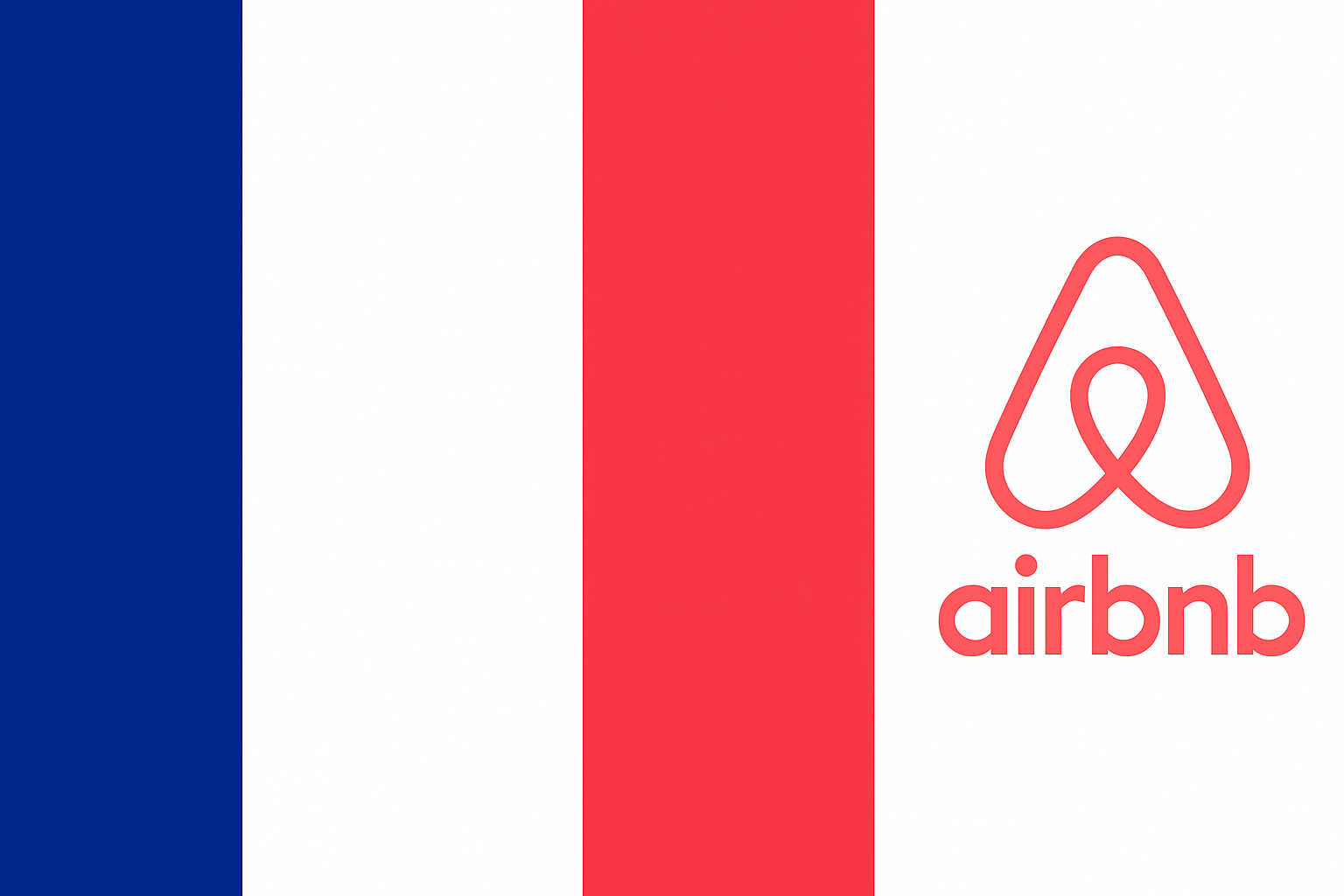France is taking a firm stand against the short-term rental boom that’s been transforming its cities — and Airbnb is squarely in the crosshairs. With new laws cutting tax perks, capping rental days, and enforcing energy efficiency standards, the government is aiming to reclaim housing for residents and rein in tourism pressures. As one of Airbnb’s biggest markets, these changes could send shockwaves through the global vacation rental industry.
Why France Is Cracking Down
France’s new “anti-Airbnb” law stems from a mix of social, economic, and political frustration. Critics have long argued that Airbnb listings in cities like Paris, Lyon, and Nice have squeezed locals out of housing markets, driving up rents and hollowing out neighborhoods. Facing a nationwide housing crisis, the government wants to make long-term rentals more accessible — and less appealing for homeowners to flip into tourist spots.
There’s also a political edge. With rising living costs and public pressure, leaders are eager to show they’re prioritizing local residents over corporate profits. Cutting tax benefits for hosts is not just a housing move — it’s a fiscal one, too, helping narrow the country’s budget deficit while curbing speculative rental income.
What’s Changing — and Why It Matters
1. Reduced Tax Benefits
Hosts will see their profits shrink. Tax deductions for unclassified rentals have been slashed from 50% to 30%, and for classified ones, from 71% to 50%. Revenue caps have been lowered too. These cuts make hosting less lucrative, especially for casual renters who once relied on generous write-offs.
2. Rental Limits Tightened
Primary homes can now only be rented out for 90 days per year, down from 120. The move is meant to prevent landlords from running de facto hotels instead of offering long-term housing.
3. Stricter Energy Rules (DPE)
France is getting serious about sustainability. Starting in 2025, any property with the worst energy rating (G) can’t be rented out. Stricter bans will follow for lower-rated homes in 2028 and 2034. This means property owners may have to invest heavily in upgrades just to stay in business.
4. Local Control and Quotas
Cities will have more power to impose their own limits — from designating rental-only zones to capping the number of listings allowed per neighborhood. This gives local governments flexibility to manage tourism at the community level.
5. National Registry for Rentals
A new online system will track all listings across the country, helping officials spot unregistered or noncompliant rentals more easily.
The Bigger Picture
While these reforms hit hosts hard, they’re part of a larger European shift. Cities across the continent are rethinking short-term rentals to address housing shortages and overtourism. France’s bold approach may become a model for the EU, signaling tighter regulations ahead.
For Airbnb managers and property owners, the message is clear: adapt or get left behind. Diversifying income streams, improving energy efficiency, and focusing on compliance will be key to surviving this new era of French hospitality.
In short, France is rewriting the rules of home sharing — turning what was once a side hustle into a tightly regulated industry built to protect its people and its housing market.


